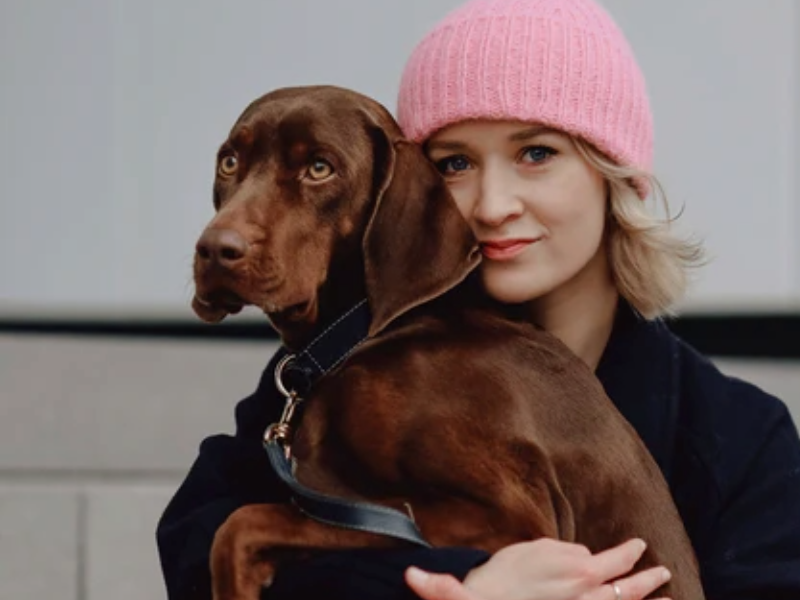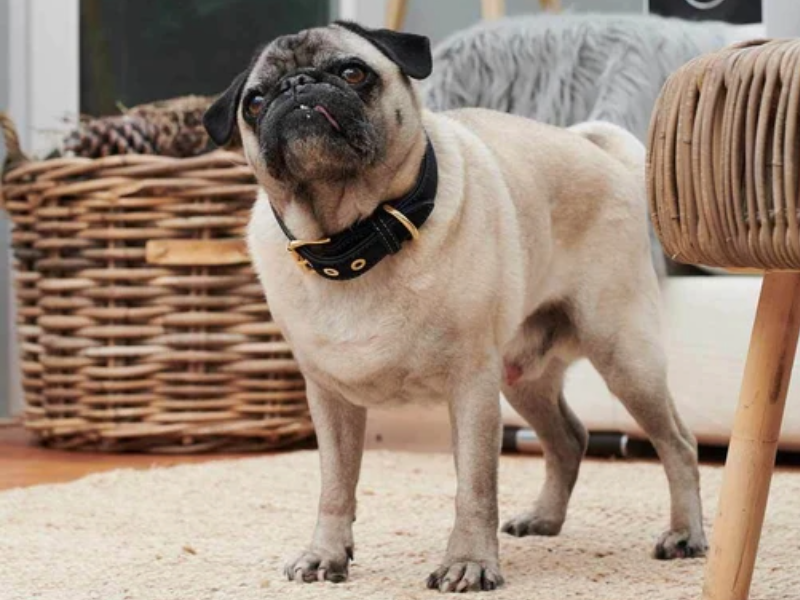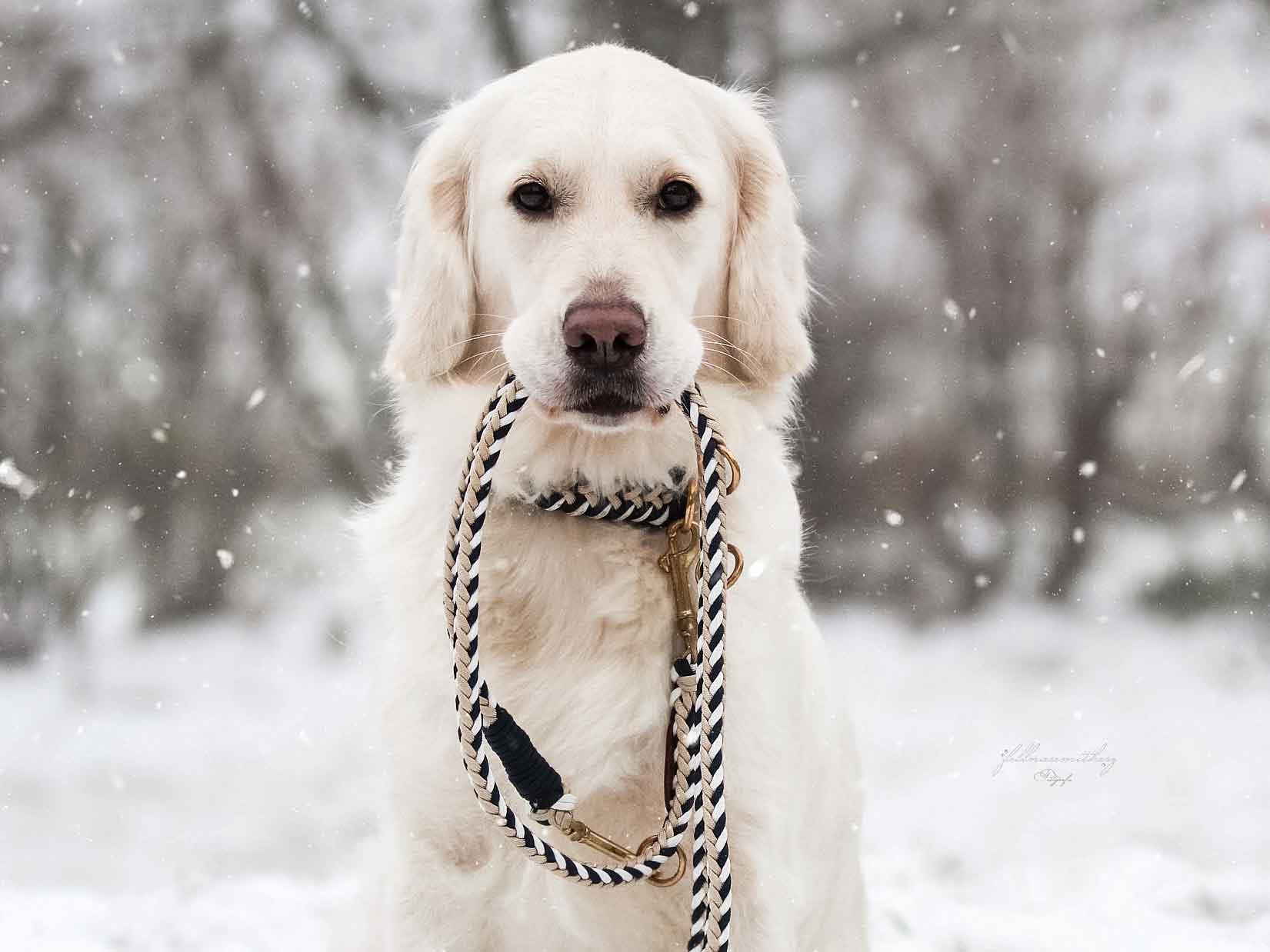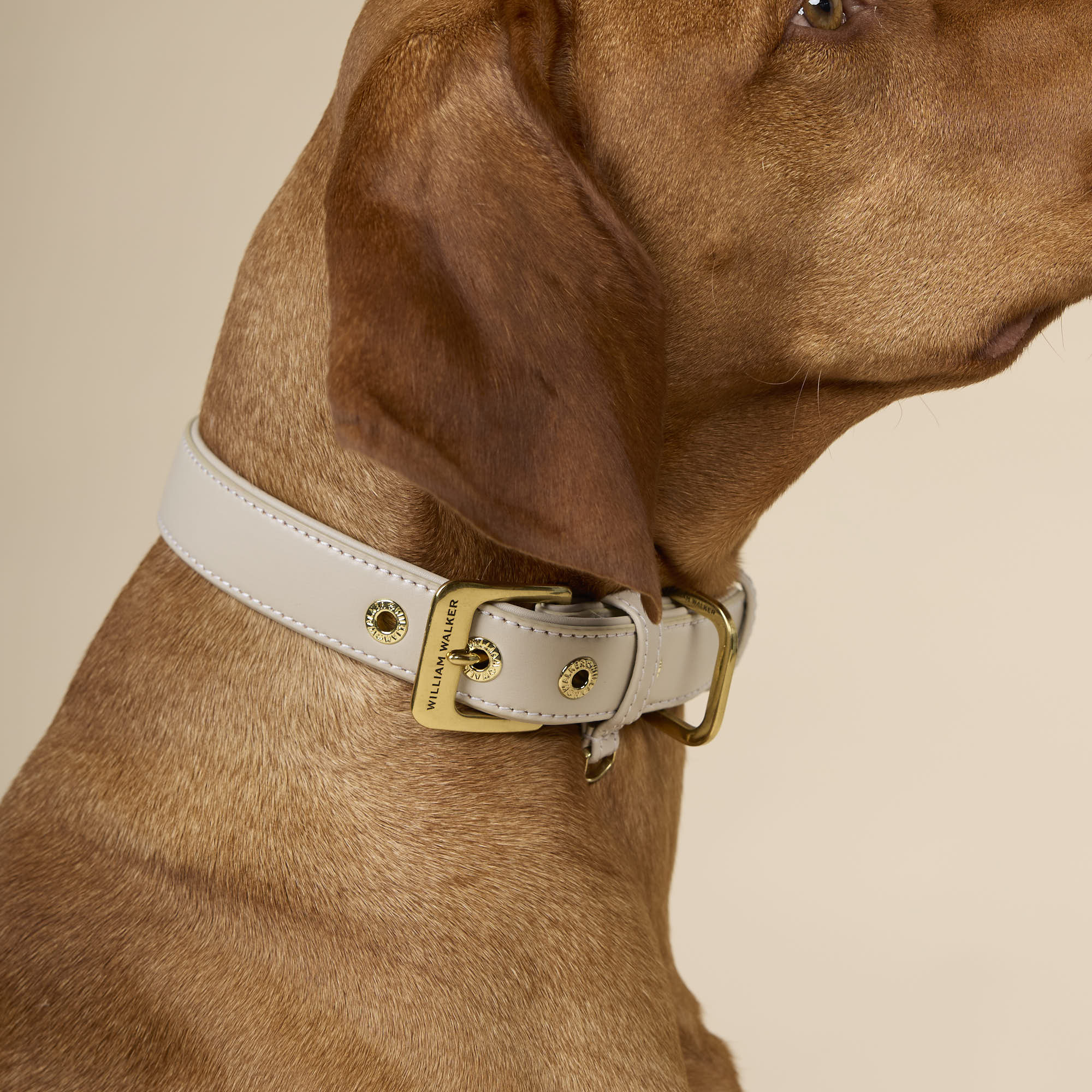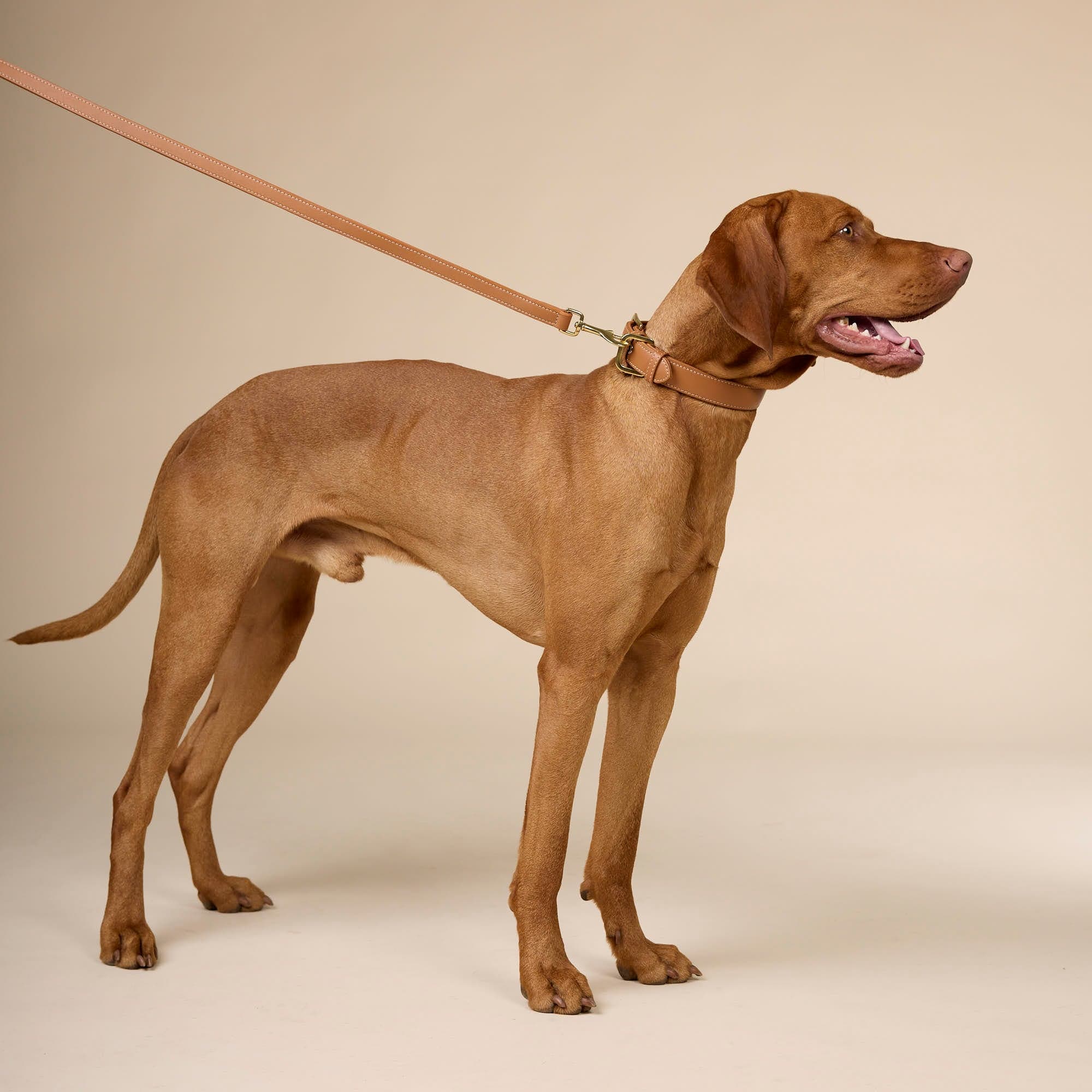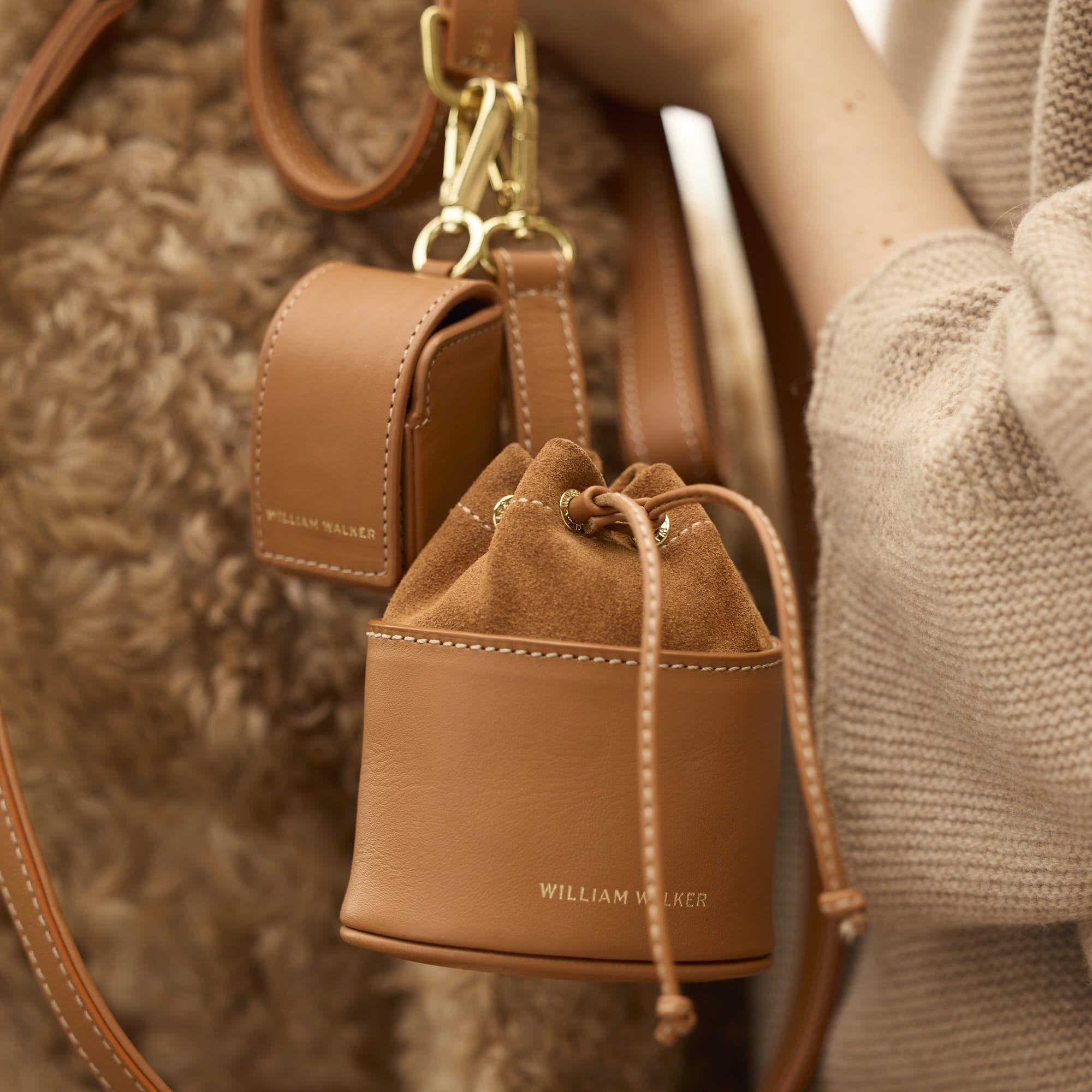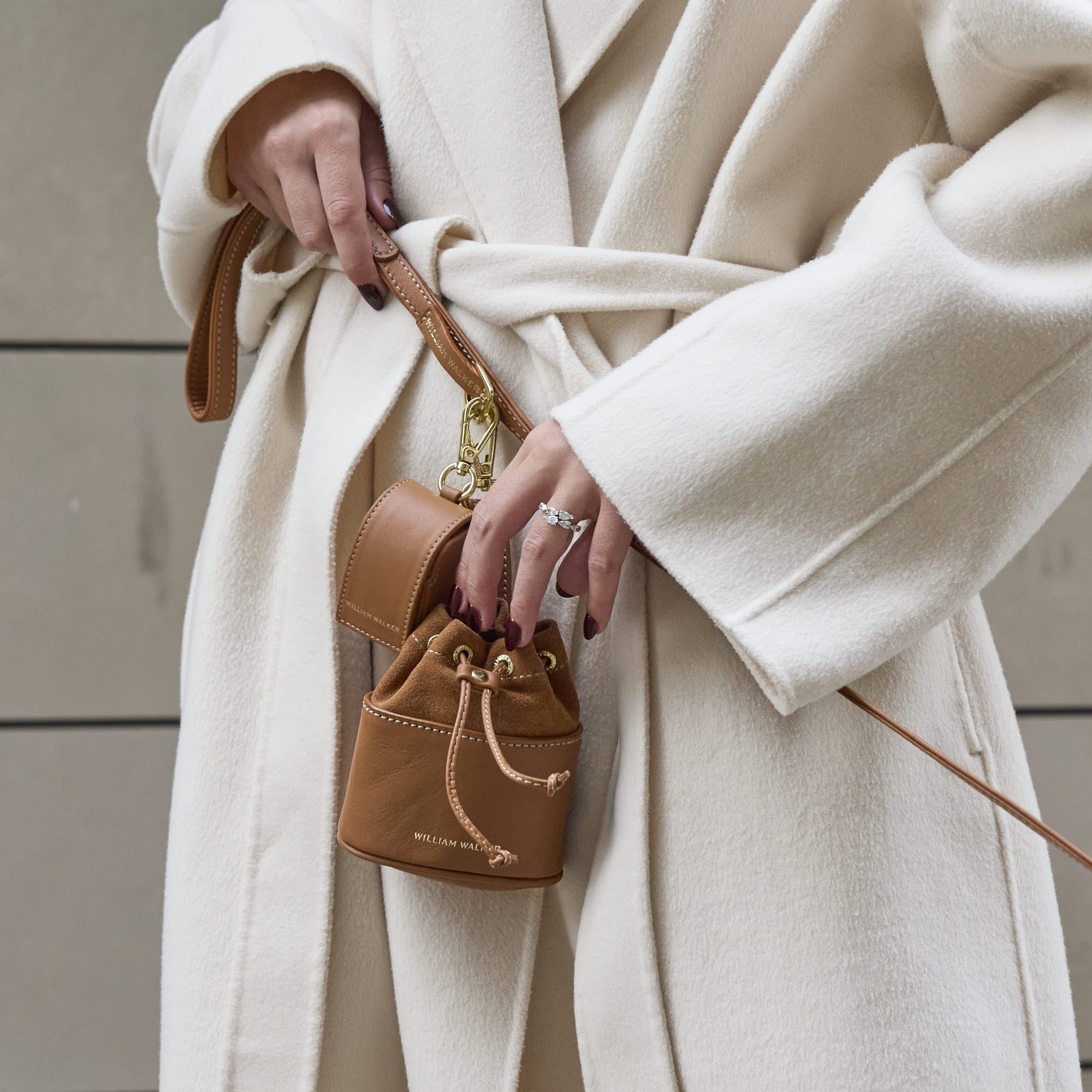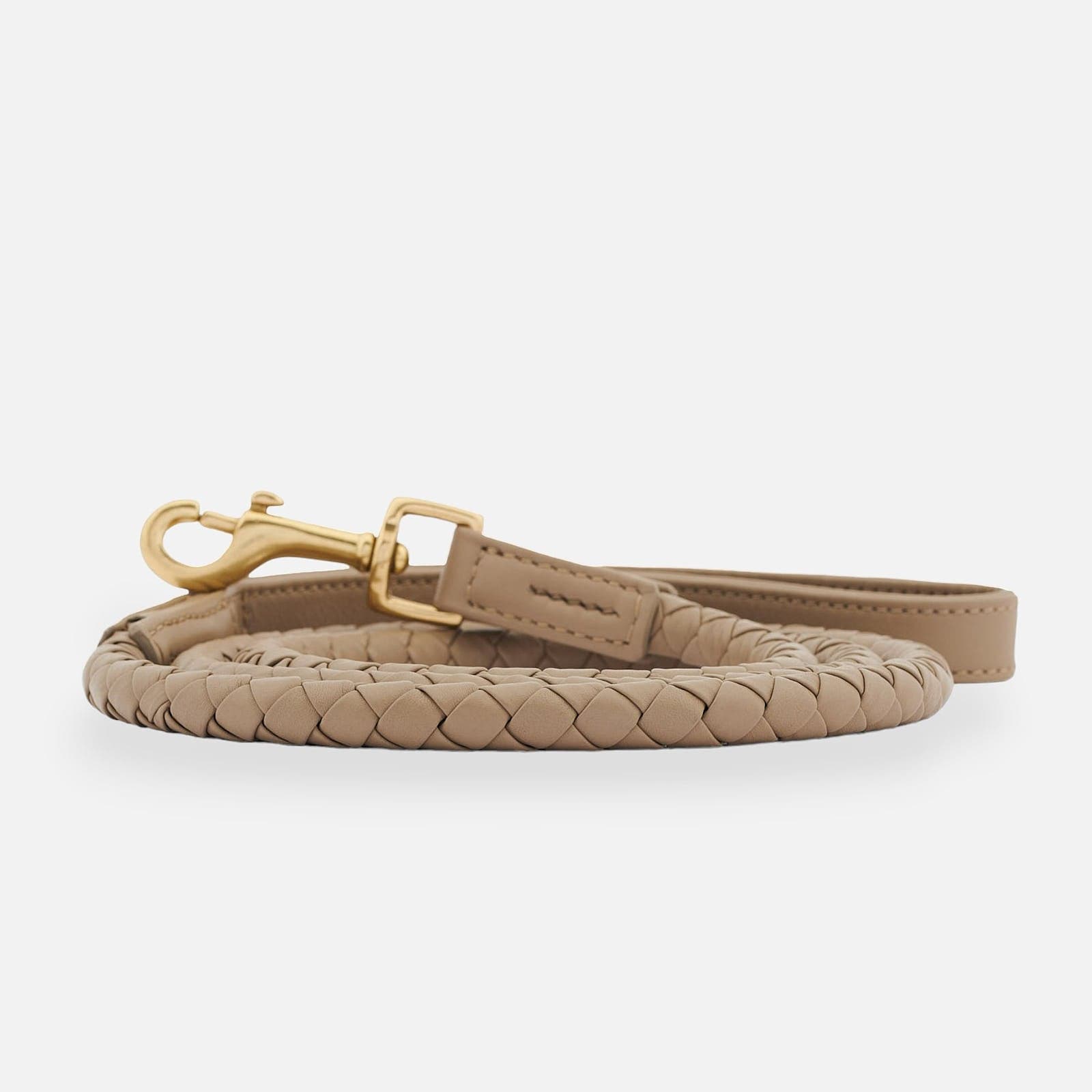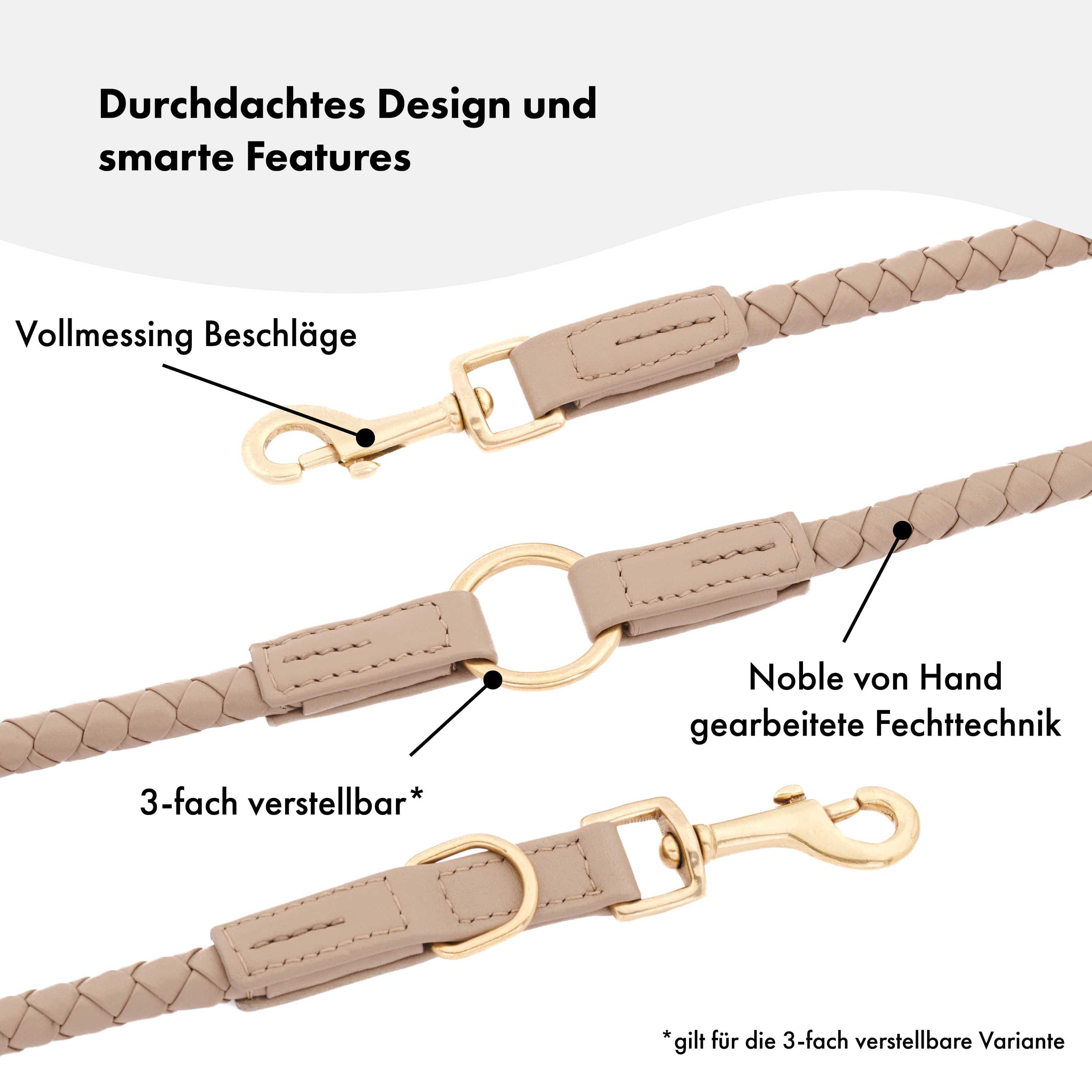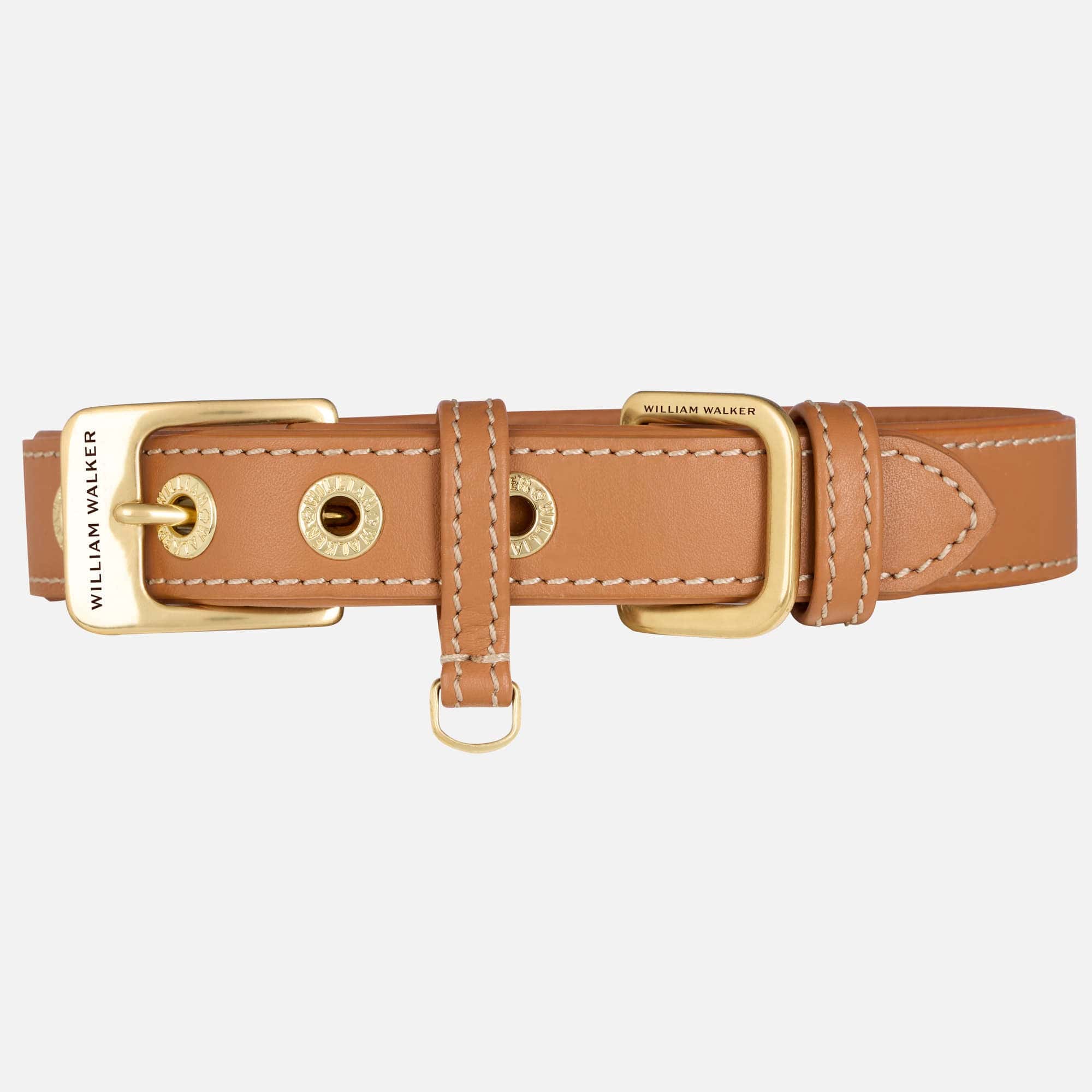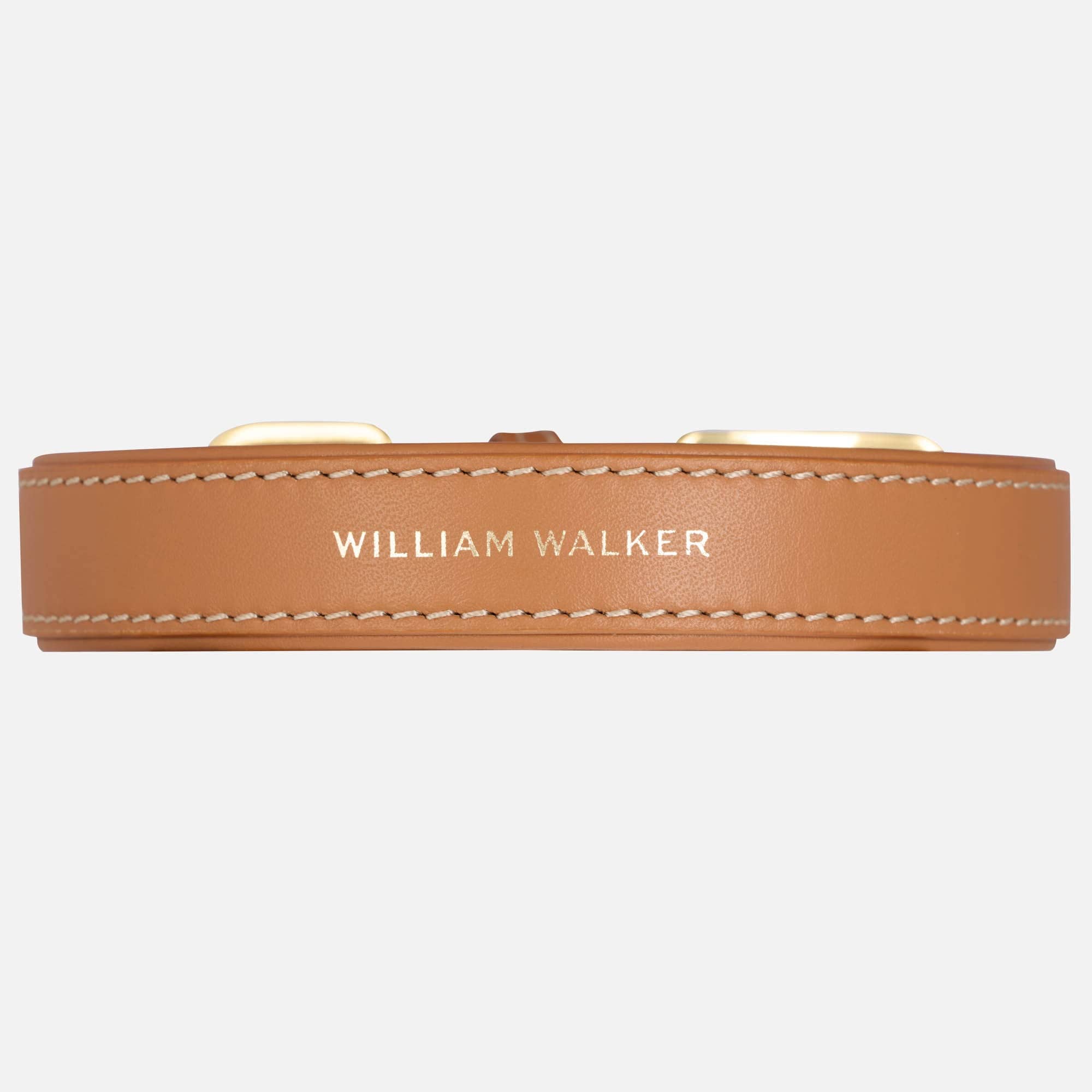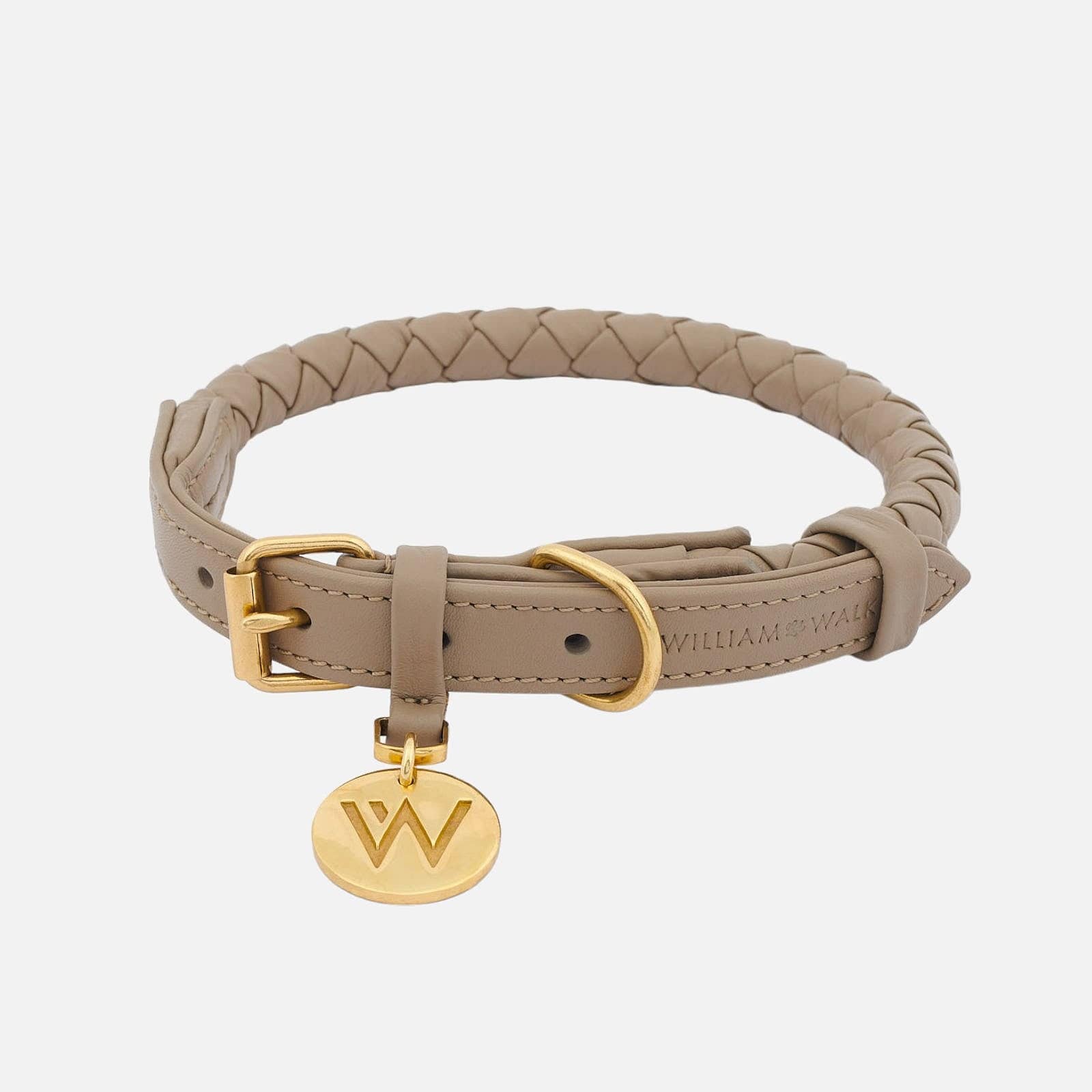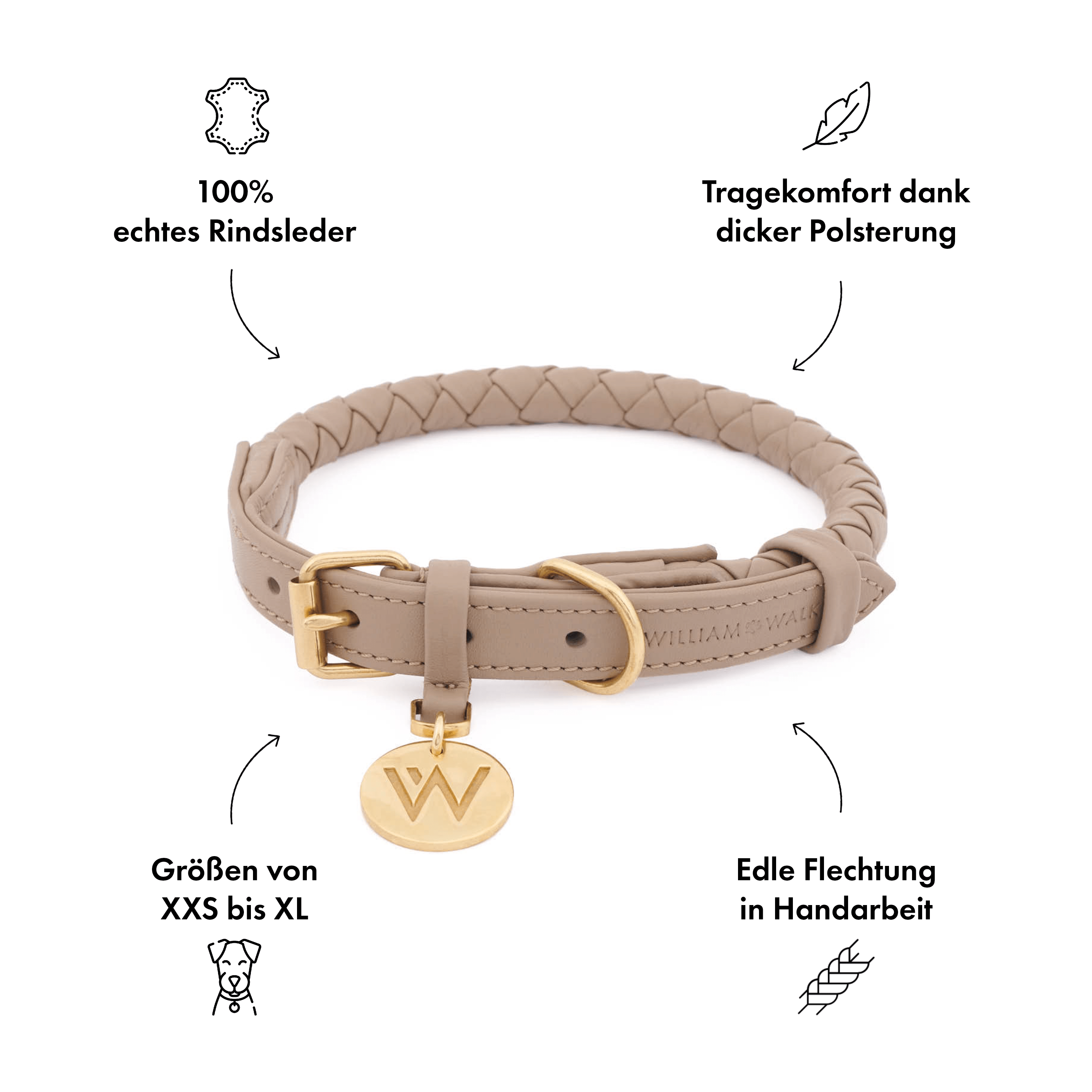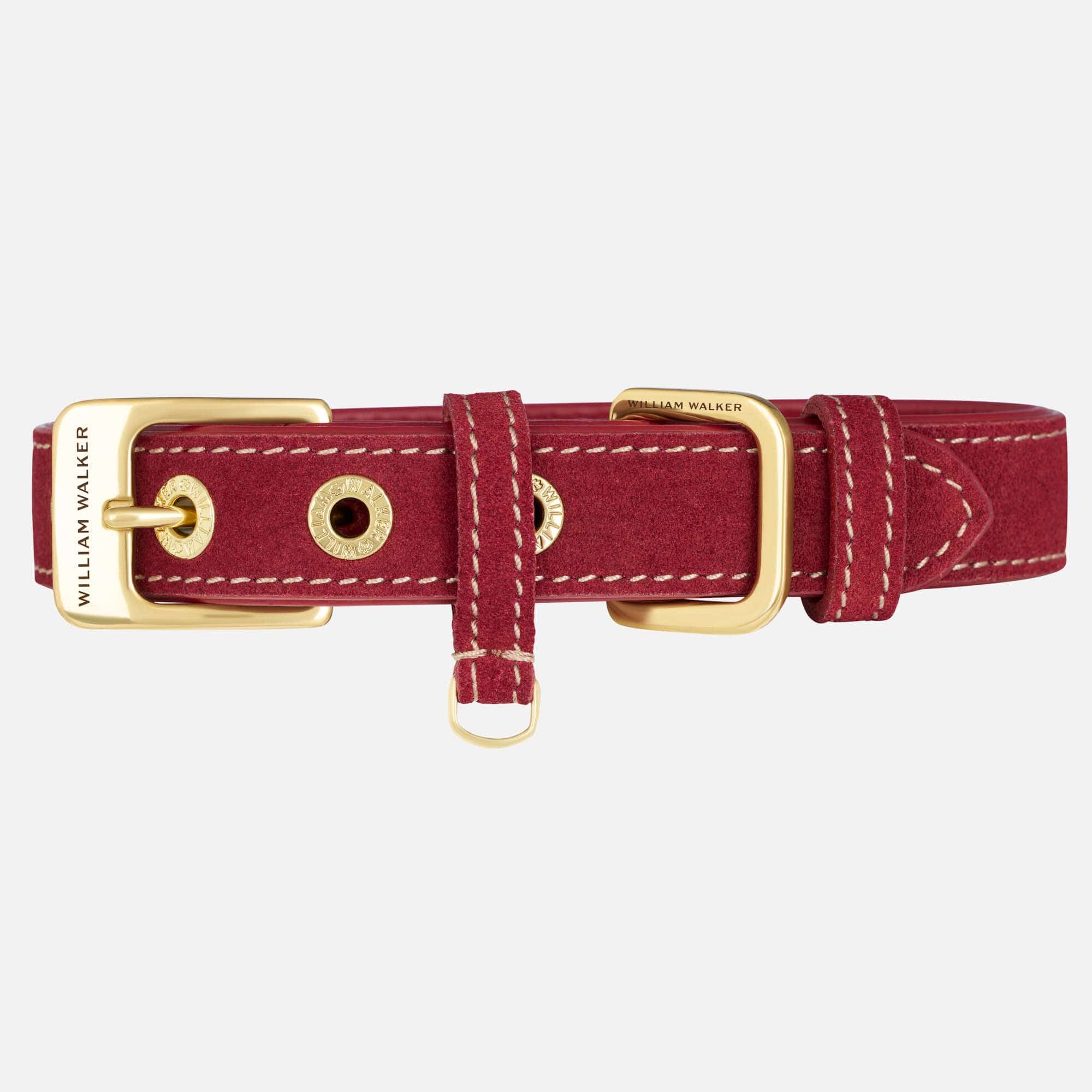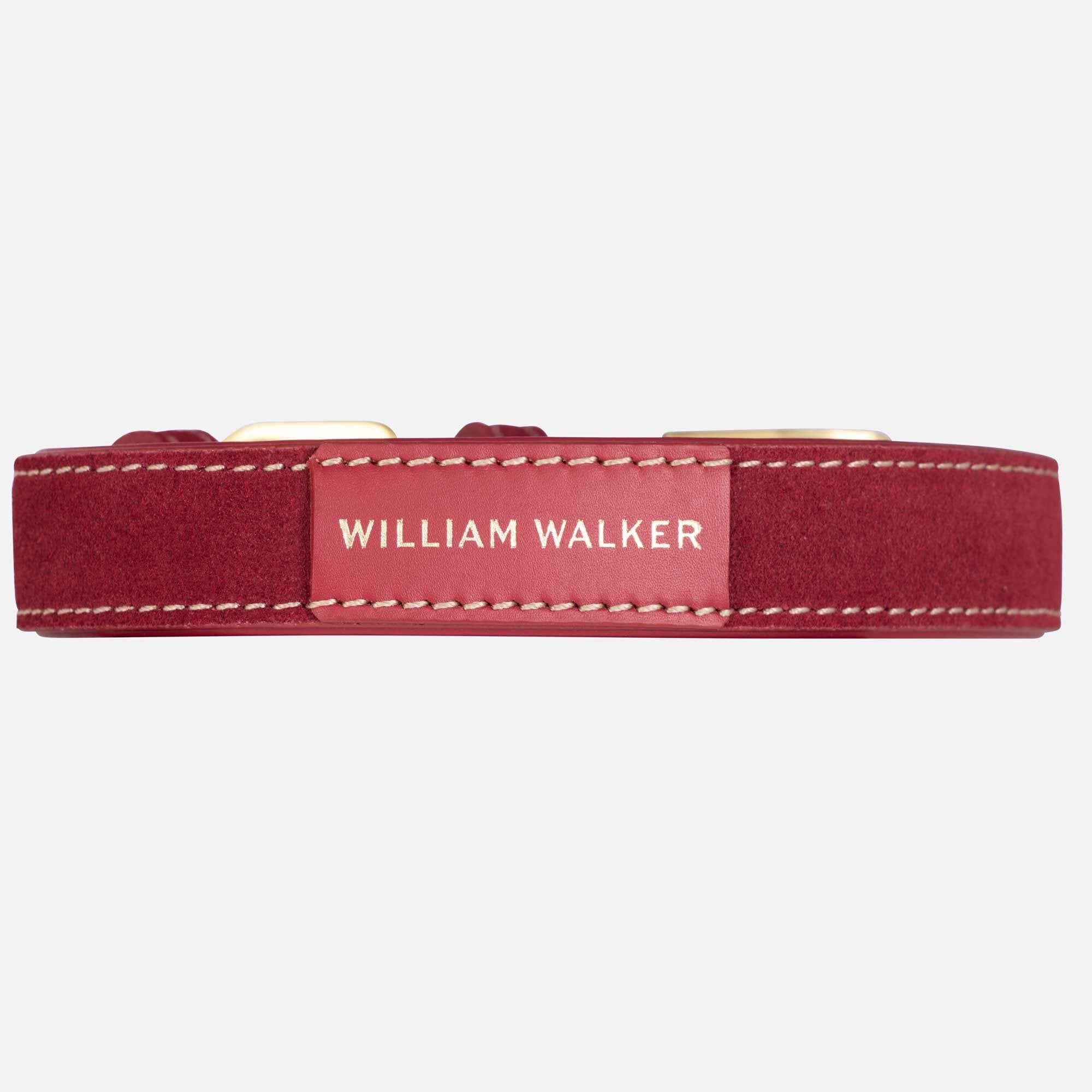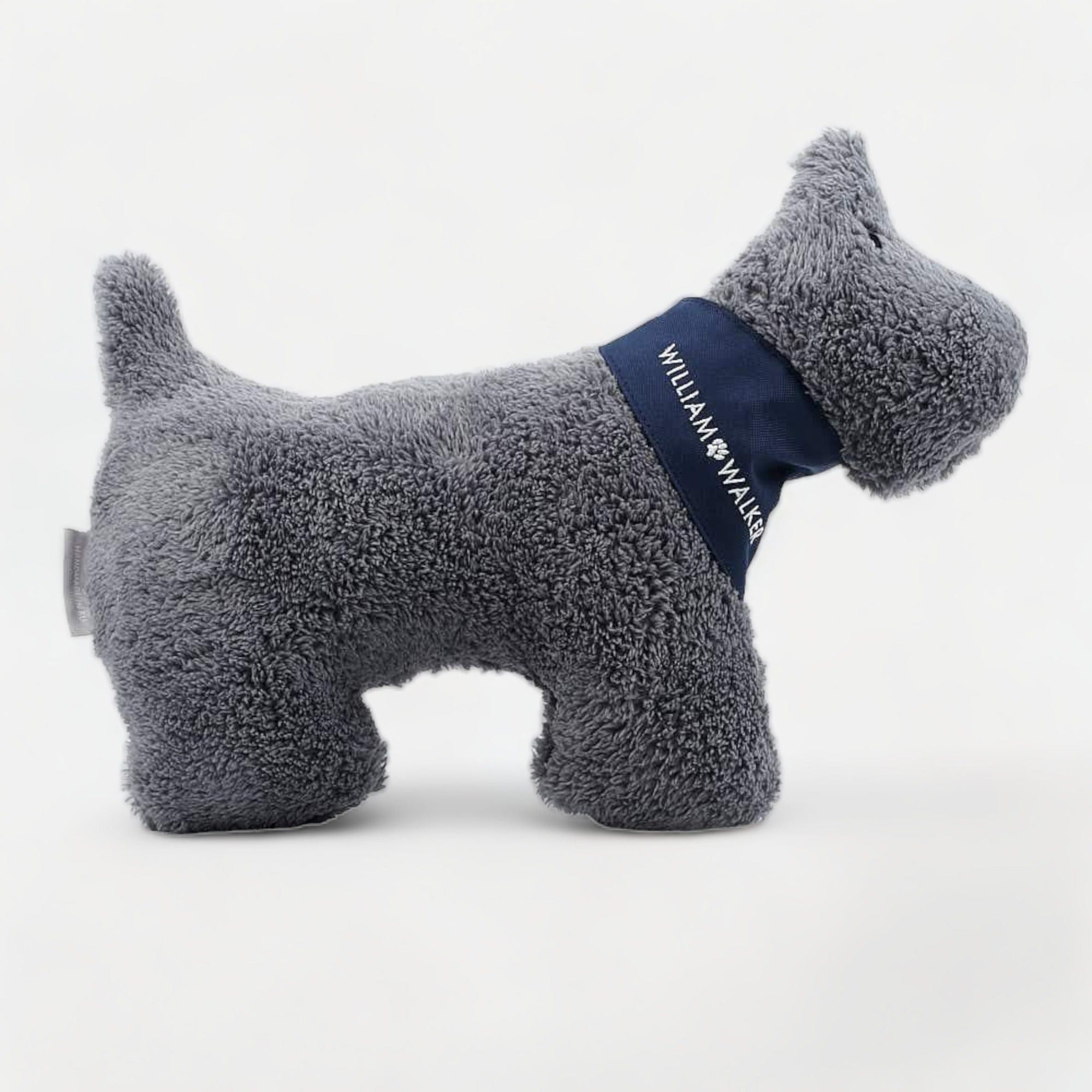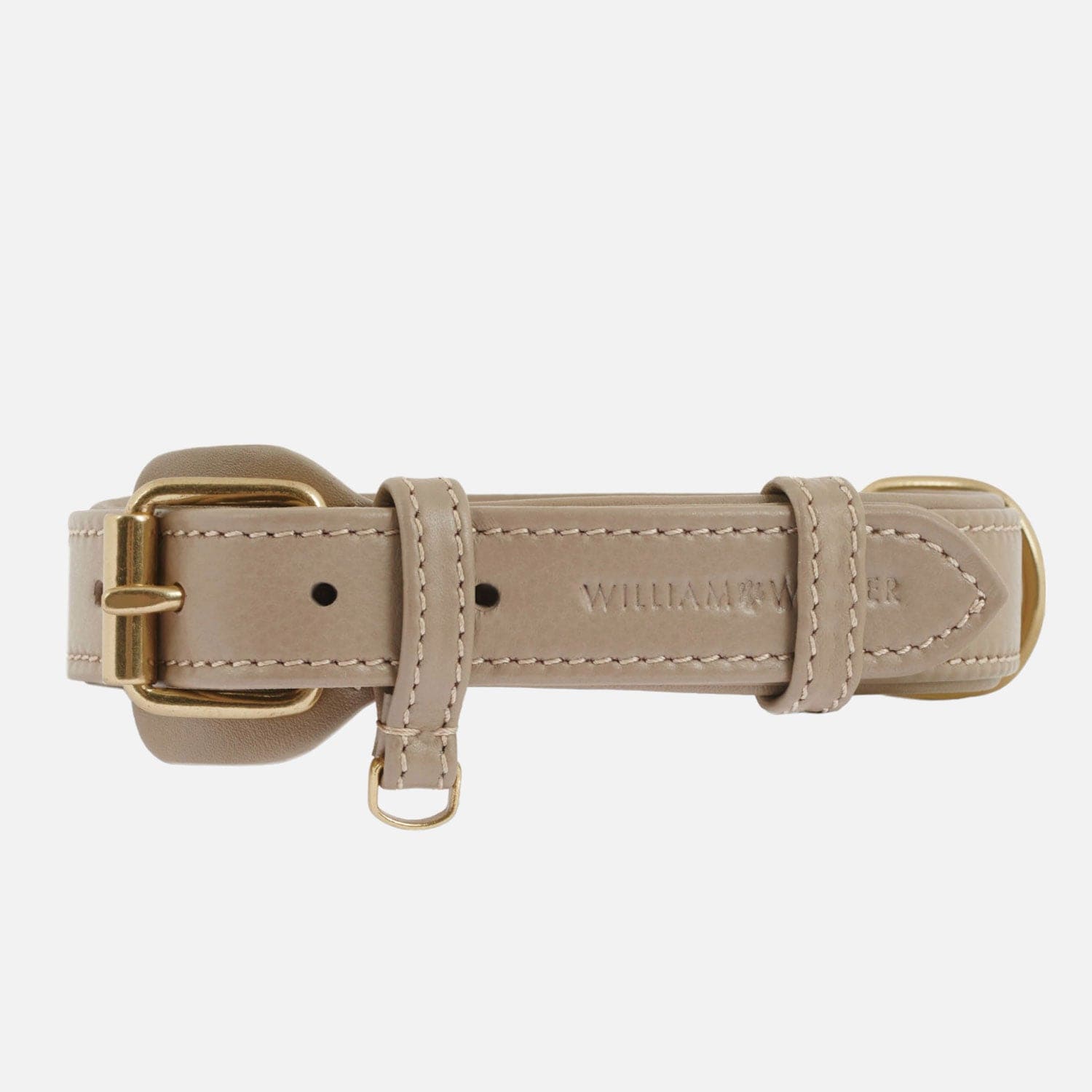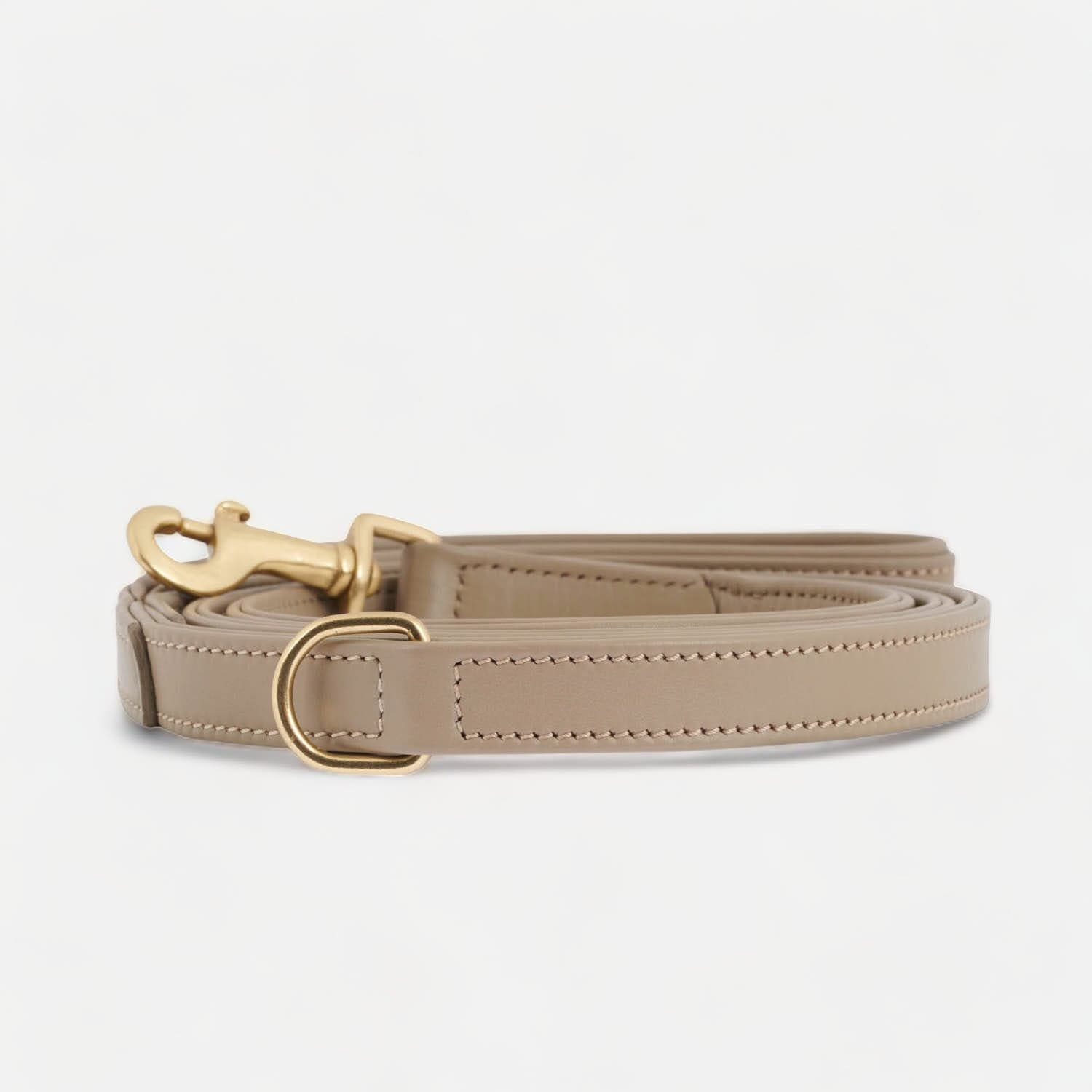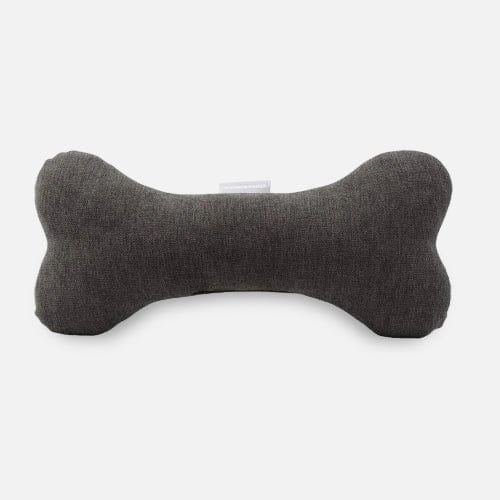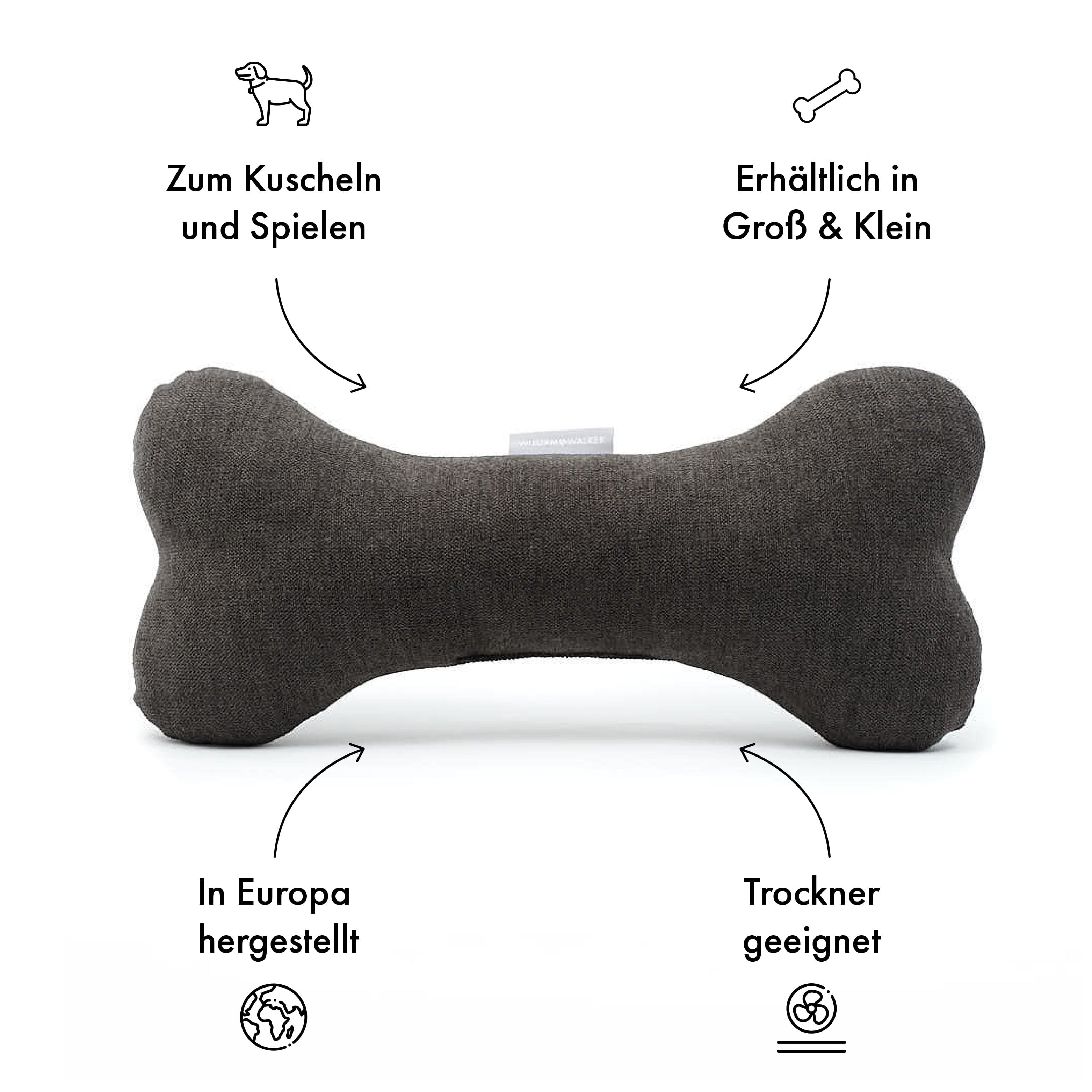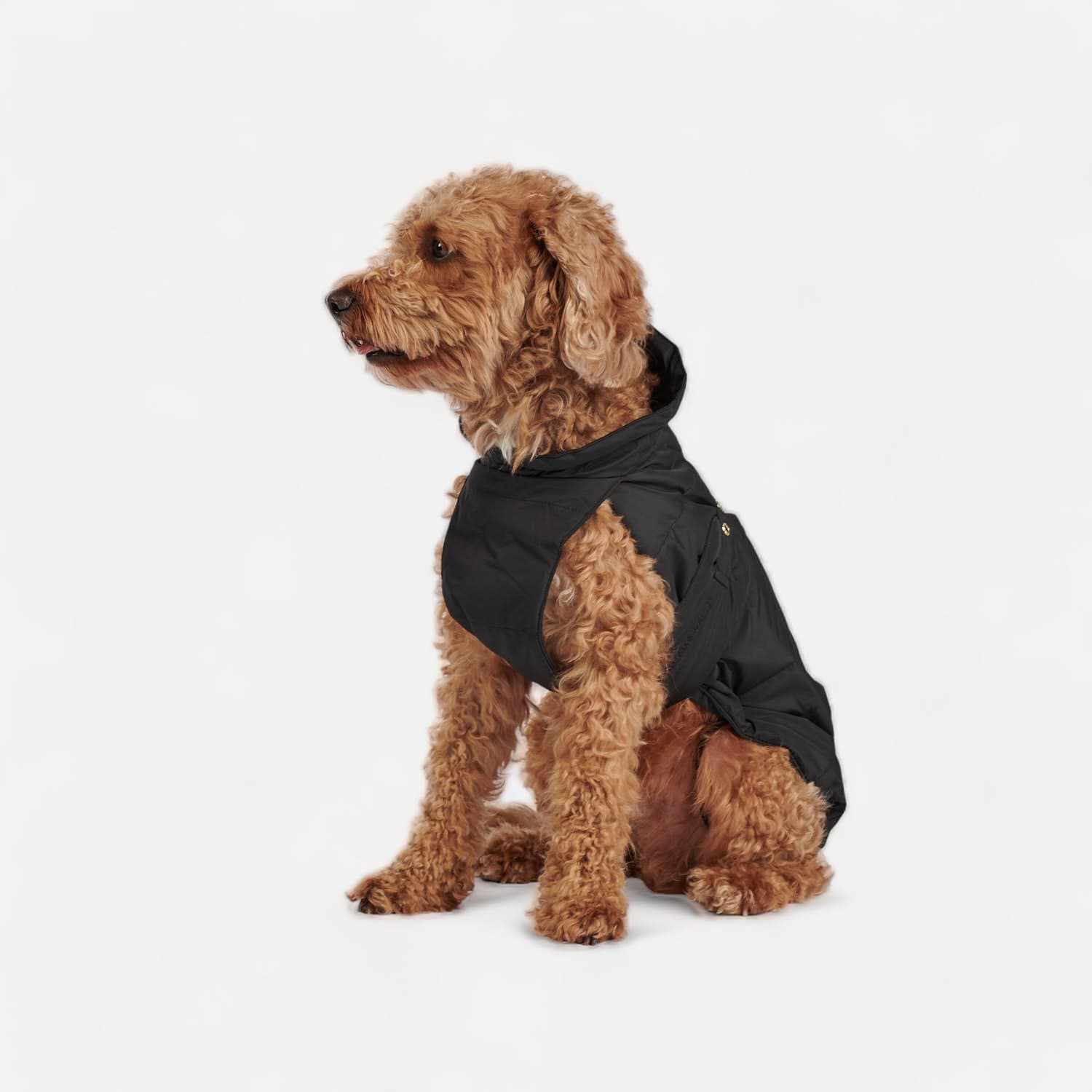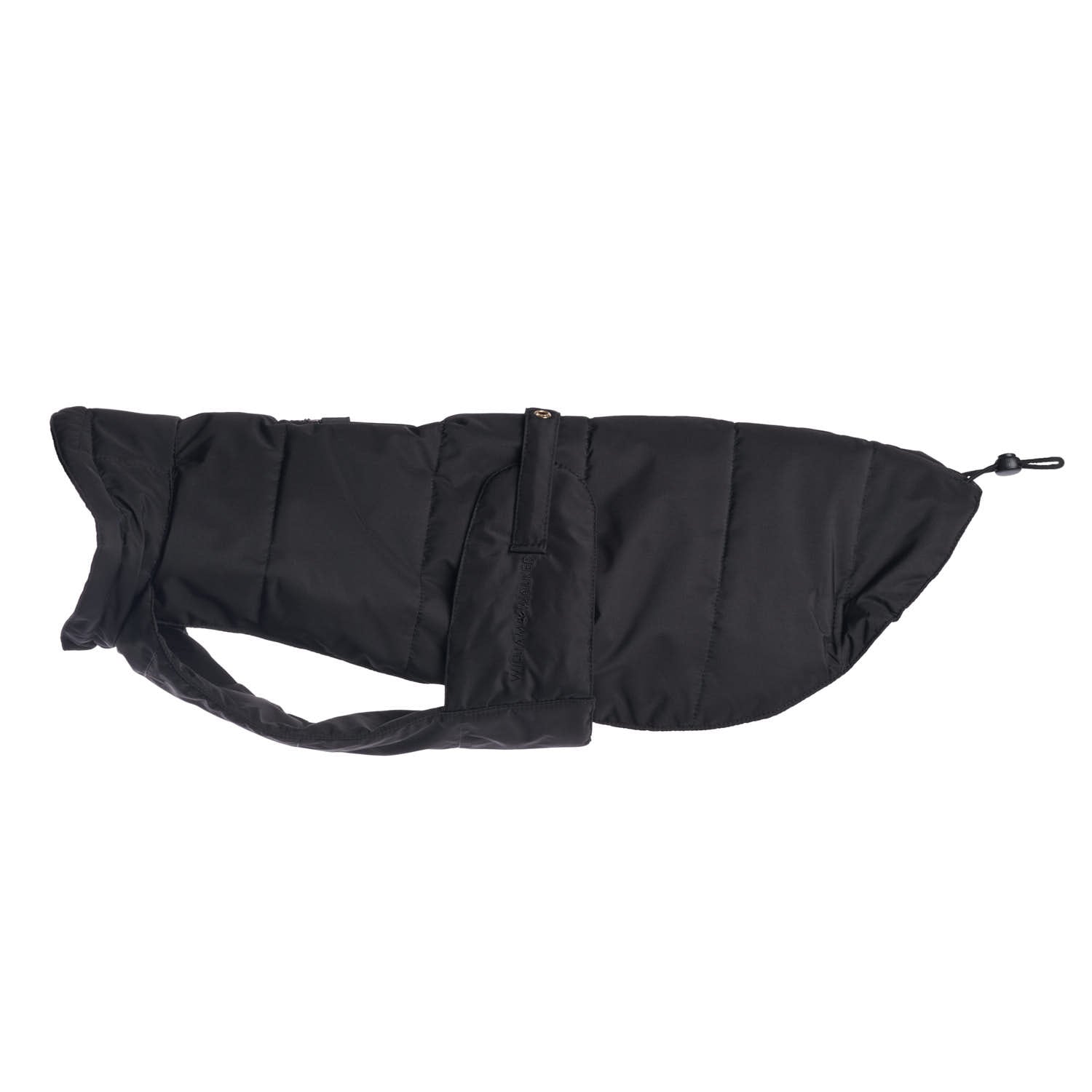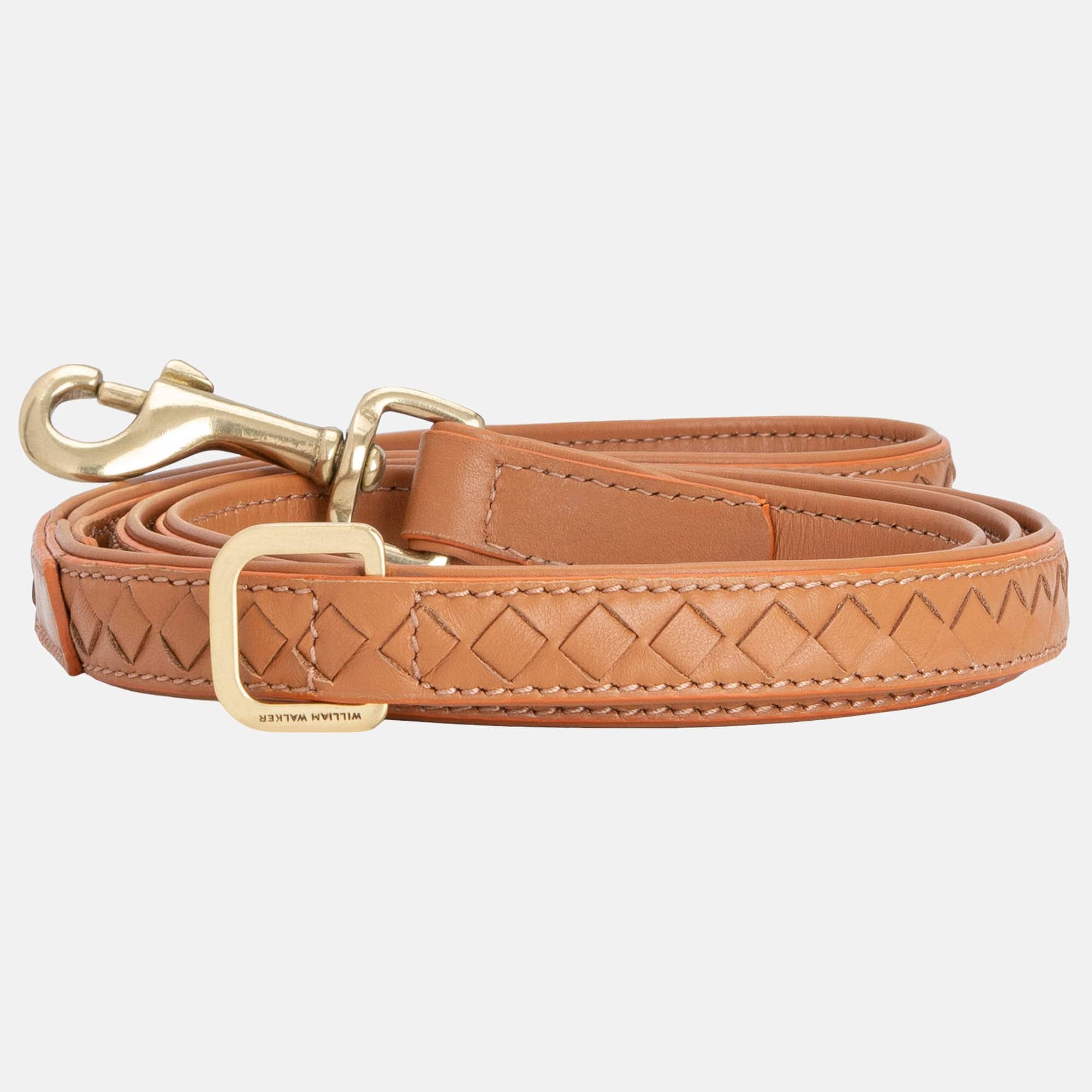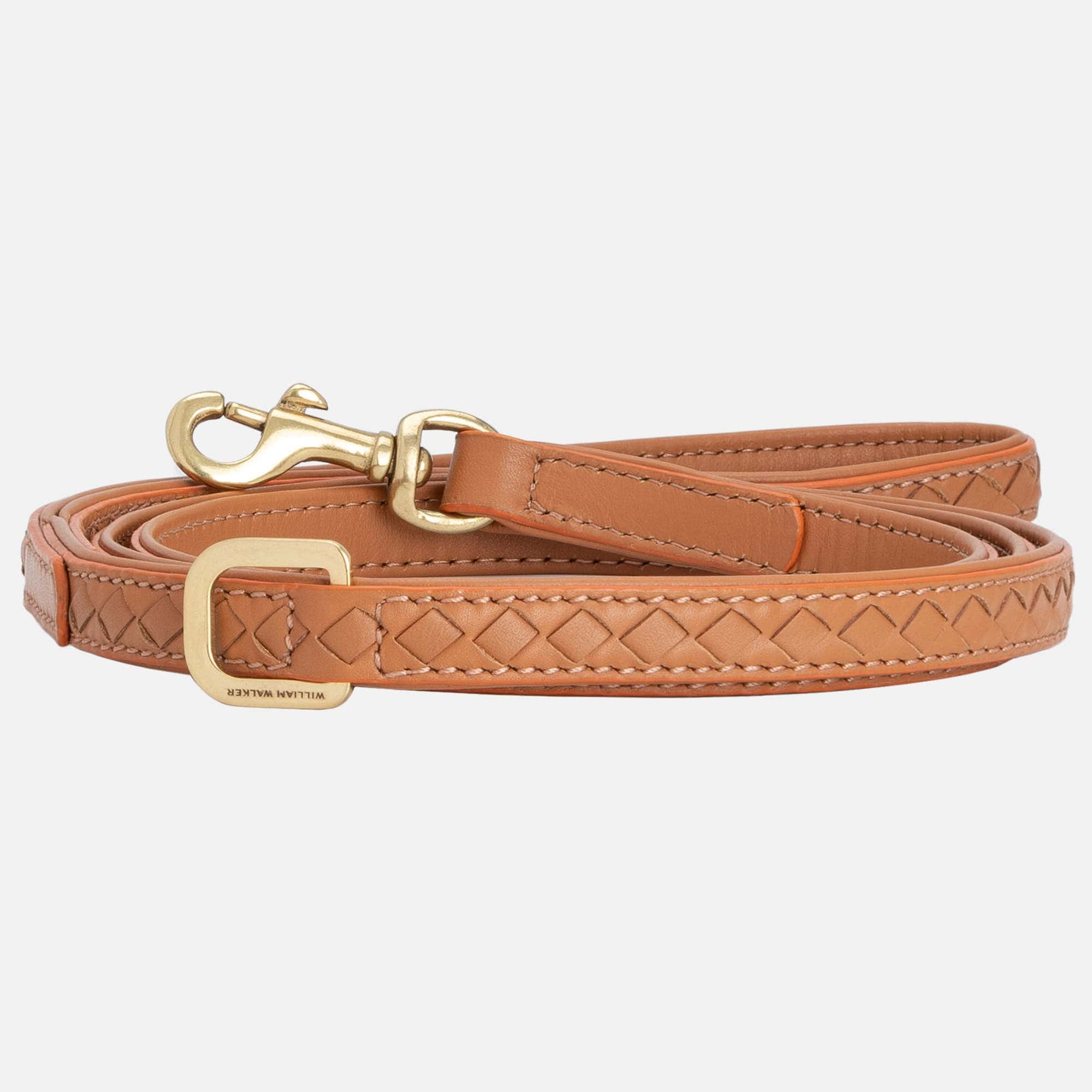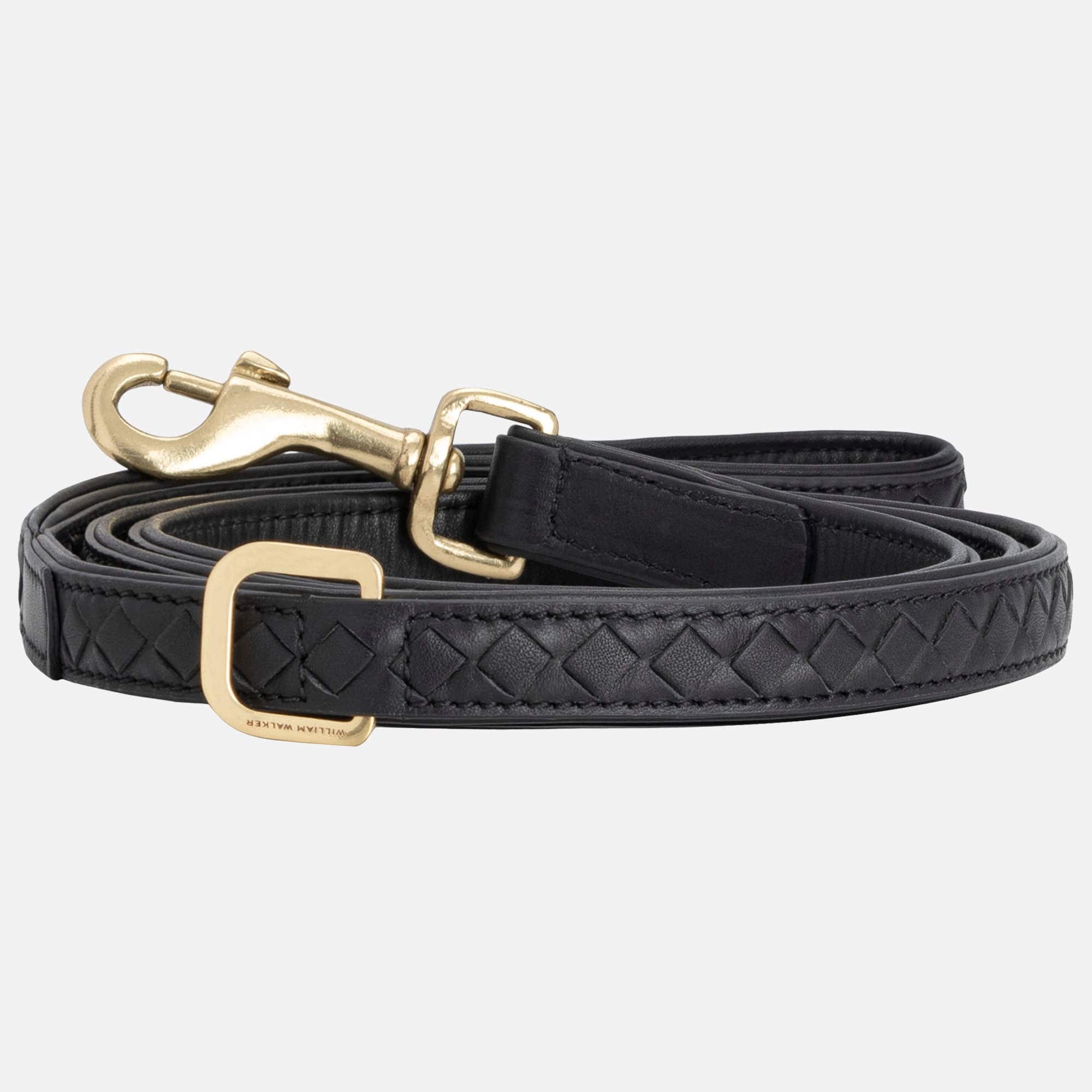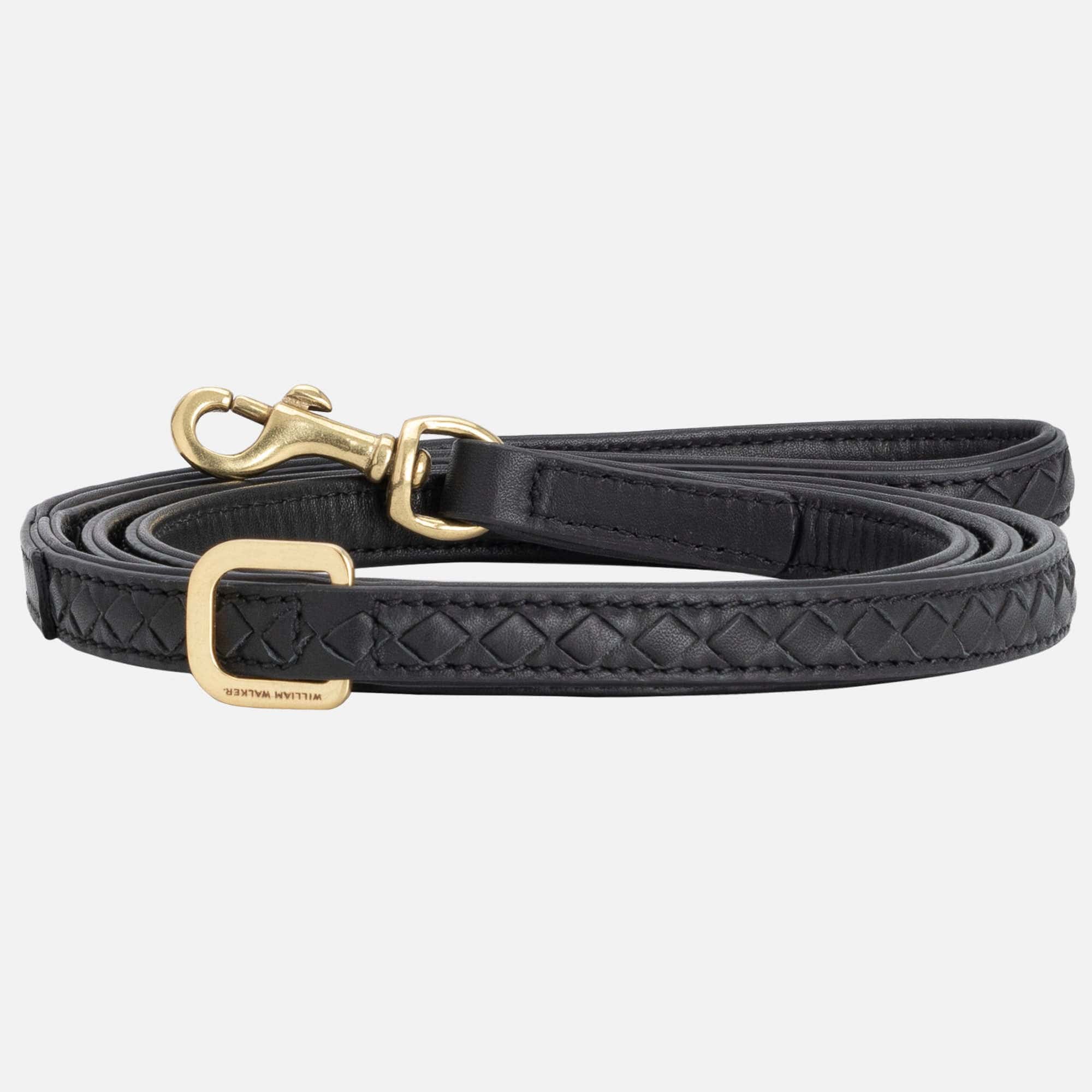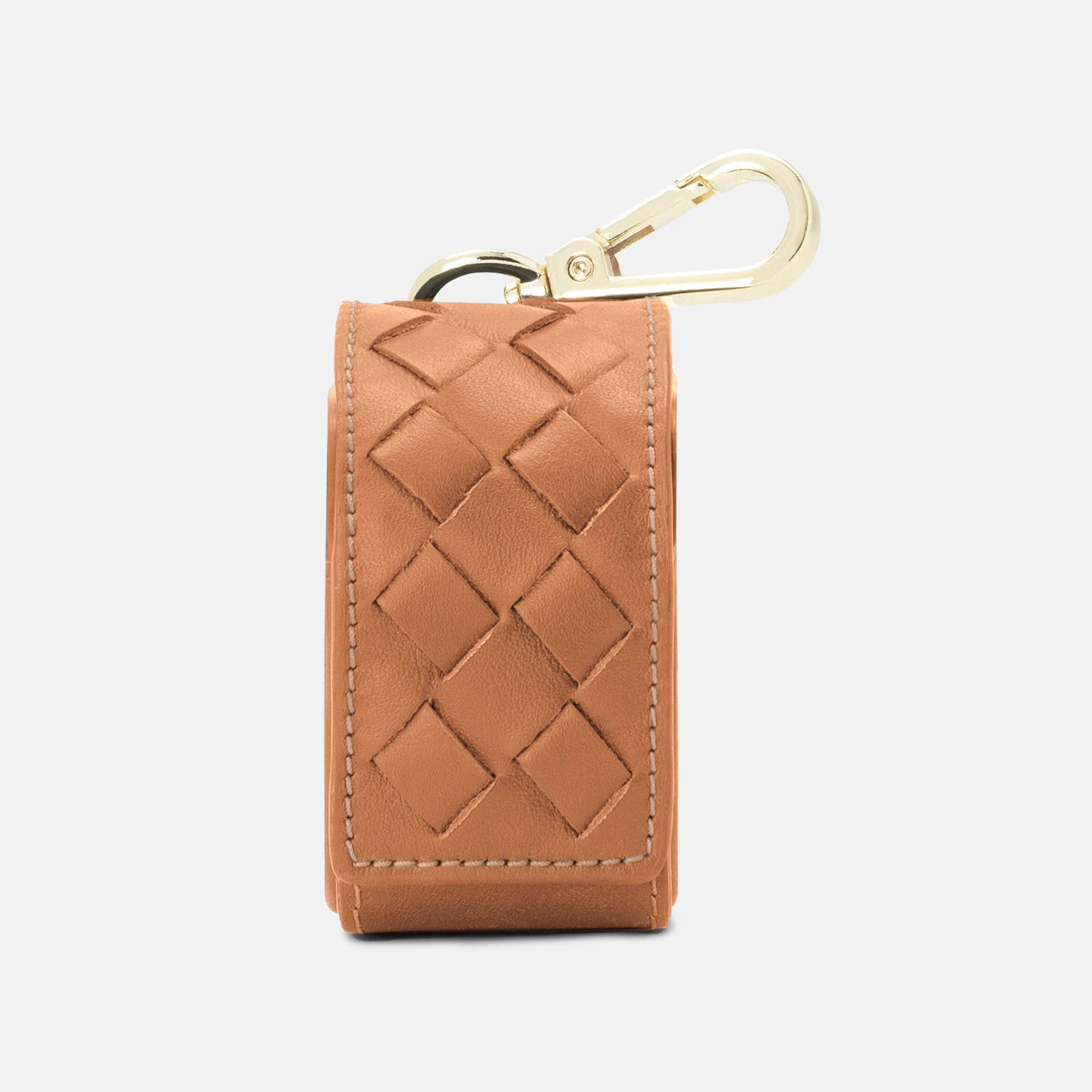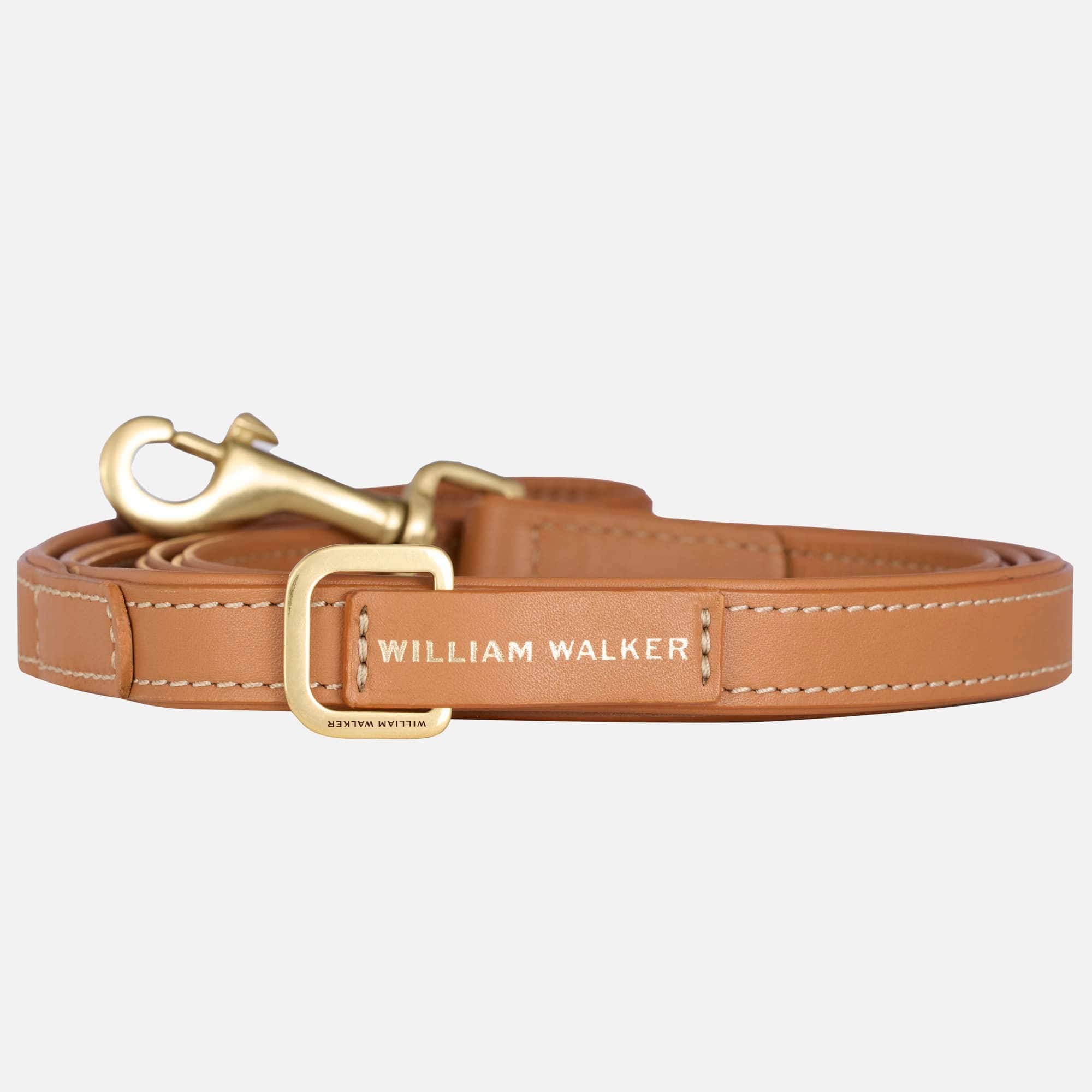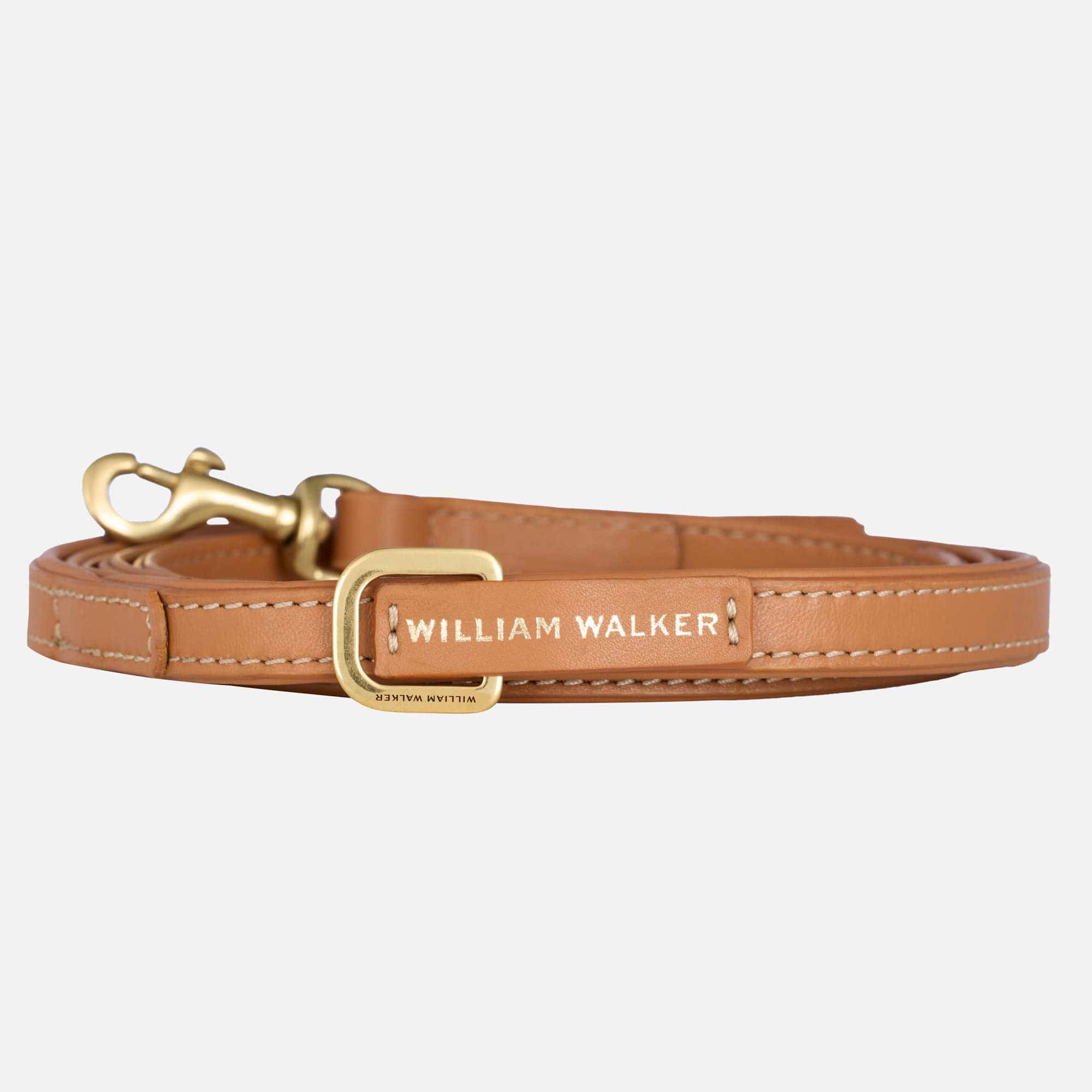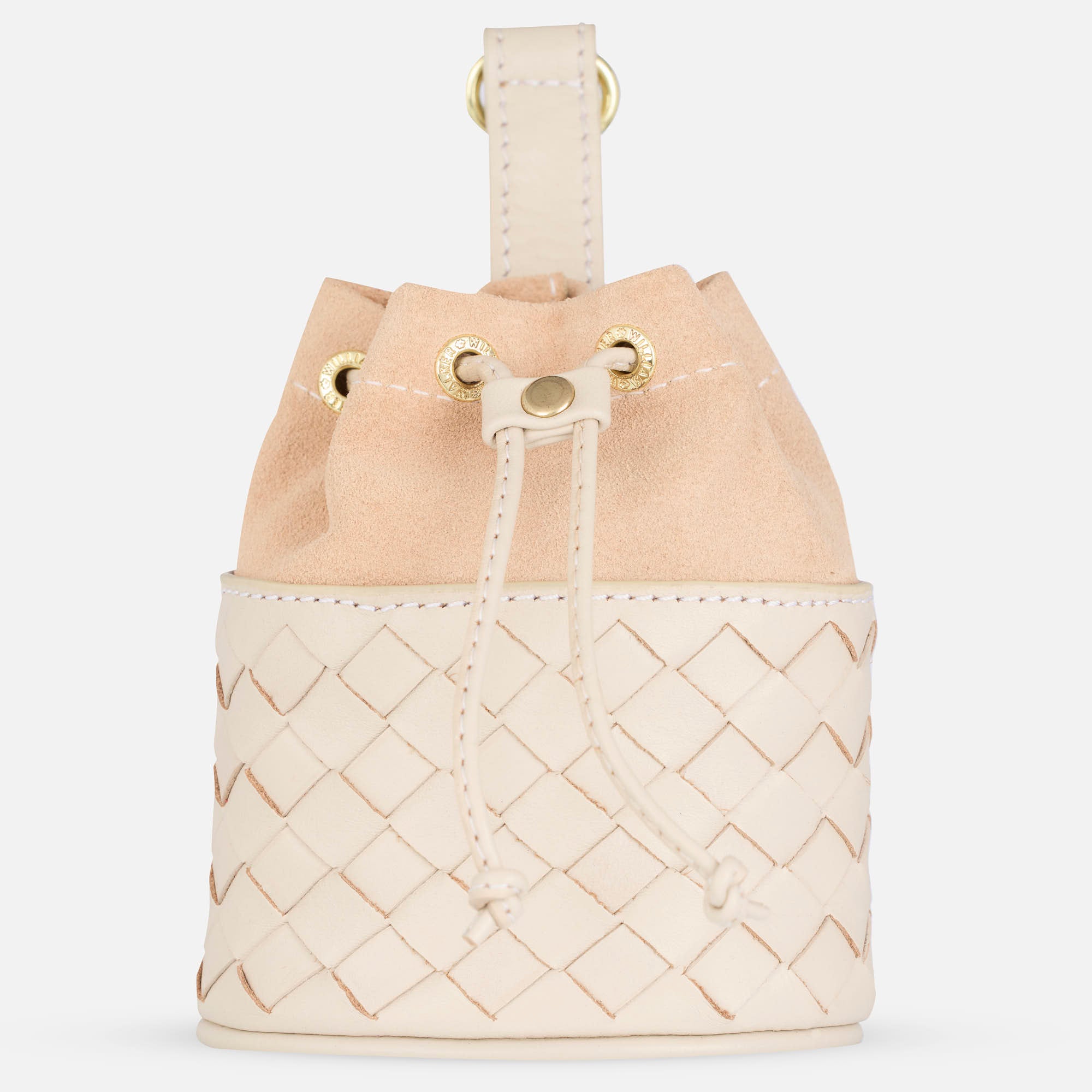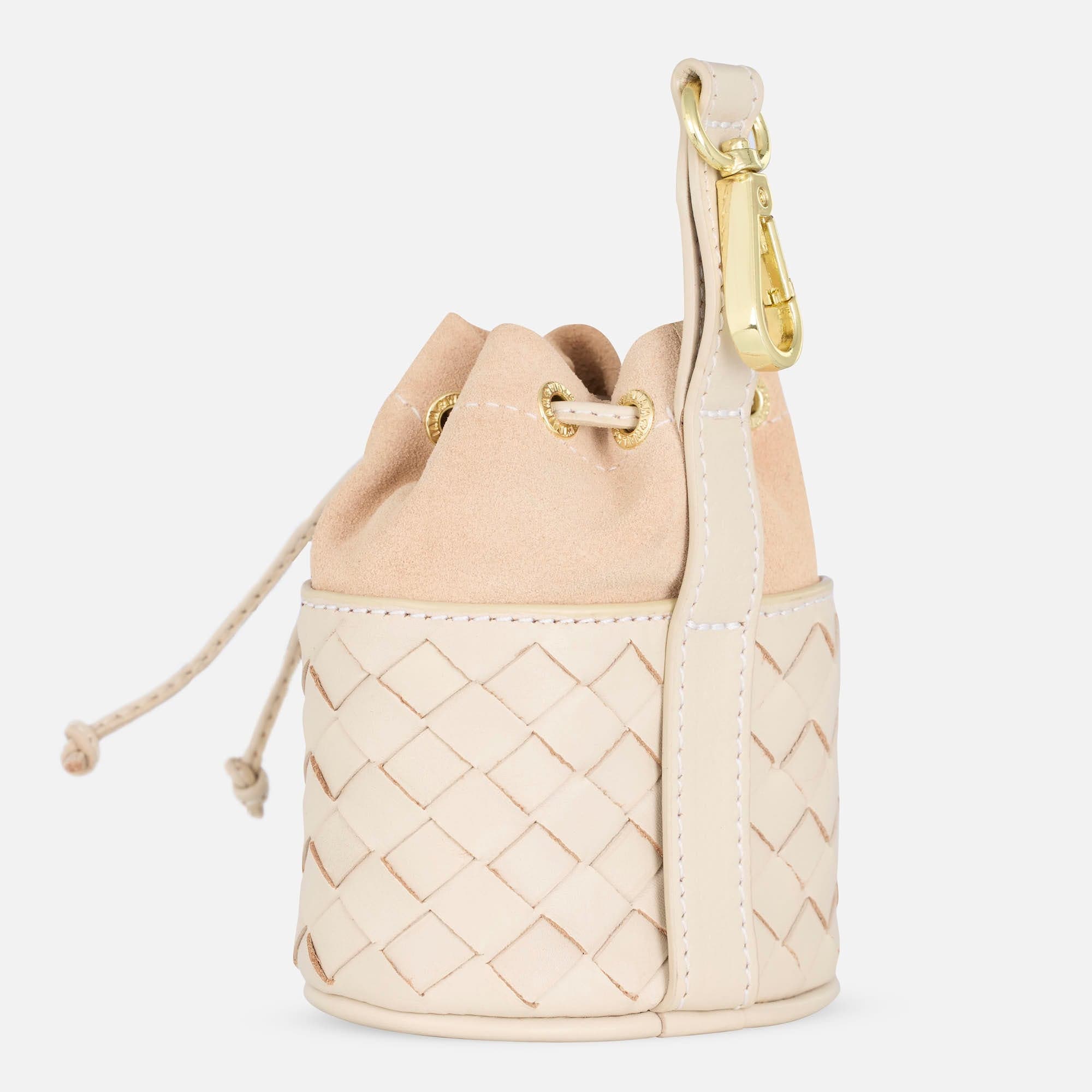A tucked tail, shivering like a fish out of water, searching for a hiding place under the bed or in the last corner of the house. New Year's Eve is a nightmare for many dogs. Hardly bearable for owners who then have to celebrate the end of the year at home to comfort their pets. Is your dog also afraid of firecrackers and banging noises? Is the annual New Year's Eve celebration a torture for you and your four-legged friend? We at William Walker have three really helpful tips for you and your beloved companion, so that you can overcome your dog's fear of New Year's fireworks together and work on this problem both long-term and preventively. First of all, let's take a look at the current situation regarding New Year's Eve firecrackers and see what dog owners need to be prepared for. Before we get to our useful tips, we will of course take a brief, concise look at the causes of New Year's Eve anxiety of dogs.
New Year's Eve during the pandemic is a blessing for many dogs
The Corona pandemic has been part of people's everyday lives for some time now. We have to follow rules to protect ourselves and others. Already the home office has brought dogs and owners closer together again. Lonely days were suddenly a thing of the past, as was the longing, tail-wagging wait for the beloved working two-legged friend - because the dogmums and dogdads had to stay home. And this year, dog owners and their four-legged friends can take a deep breath: at the turn of the year 2021/2022, as in the previous year, the selling of fireworks and firecrackers is banned in Germany. The reason for the ban is the risk of injury caused by New Year's Eve firecrackers. The hospitals, which are already overloaded with covid patients, are to be protected from avoidable accidents. Nevertheless, dog owners and their four-legged friends should be prepared for a certain noise level. Some of your neighbours will take last year's firecracker stock out of the cellar, but especially in areas close to the borders of Poland, the Czech Republic and Austria, some citizens buy their firecrackers abroad. In addition, some harmless New Year's Eve items such as snowberrys are still for sale.
Why are dogs often afraid of loud noises such as firecrackers, horns or thunderstorms?
The hearing of dogs is in many ways better and more sensitive compared to that of humans. Not only can they perceive particularly high or low tones that human ears can no longer detect, but they also have strong ear muscles to align their ears. So they know exactly where a loud noise is coming from. So dogs can usually quickly classify the source of the noise and react to the potential danger. Now imagine that the banging noises come from all possible directions and distances and you don't know the reason for it: stress, fear, panic and being overwhelmed are the understandable consequences. Besides, our furry friends have very sensitive noses. The smell of artificial fireworks and all the smoke, are not only super unpleasant, but are also associated with danger. Only particularly heroic or well-trained four-legged friends are unaffected by this sensory overload. Some dogs simply deal with stress differently and you can hardly notice their fear. That's why every dog should be prepared for New Year's Eve and trained for this scenario as a puppy. You can find out how in one of our tips.
3 tips for acute and long-term help with dogs' fear of firecrackers on New Year's Eve
1. New year's eve training with the dog - preparation is everything
Anxiety in dogs is not only mostly curable, it is also preventable. The socialisation of a dog includes daily training in the city, in the forest, with people and with other dogs. Already in puppy school, bang training is usually offered, which you should definitely take part in with a puppy/young dog. There are also CDs, playlists on YouTube and Spotify with New Year's Eve sounds. Run these recordings occasionally and act as normal as if music was playing from the speakers. Your dog can get used to the noise and associates it with normality and no longer with danger. During this desensitisation, do not pity or comfort your dog if he shows fear. Do not give him extra attention. Less is more in this case.
2. Avoidance and distraction - pay attention to your own appearance.
Pay attention to your own behaviour and expressions. Your dog senses how you feel - as the saying goes: "Dogs can smell fear". Often a dog is only a reflection of its owner. With their fine sensory organs, they read the state of their dearest two-legged friends and react to it with certain behaviour. Normality is like gold when it comes to anxiety. Avoid going for walks on New Year's Eve and close the windows and doors to muffle the sounds and smells. Be there for your beloved four-legged friend without feeling sorry for him. The radio and television are wonderful sources of discreet distraction. Interesting and new smells, such as fancy treats, also work as great distractions for your dog. However, don't overdo it, as this could increase your dog's stress level. Normality is the key to success.
3. Tranquillisers, homeopathy and co. against the fear
We believe that no dog should have to go through the torture of fear. Tranquillisers can be a solution in cases of extreme anxiety. Because besides the fear of New Year's Eve firecrackers, the fear of the fear can aggravate your four-legged friend's condition every year. Nevertheless, we would like to warn against the usage of calming medication and point out that it is absolutely necessary to clarify this with the vet beforehand! Medication, even with homeopathic remedies, should always be checked by an expert. Besides homeopathic globules such as Aconitum or Borax, CBD drops are also said to have an anxiety-relieving and relaxing effect on dogs. You can also find premium CBD oil in our William Walker Shop. Of course, there are also conventional medicines for calming dogs, such as dexmedetomidine - your vet will be able to determine the right product and dosage for your four-legged friend.
Caution: Never give your dog the neuroleptic acepromazine. It makes your dog appear calmer on the outside, but the inner panic is not reduced in the least. Your dog cannot defend itself against the fear and is not able to help itself with its usual avoidance strategies, such as fleeing and hiding.
We hope that we can help you and your beloved four-legged friend with our tips and wish you a happy, anxiety-free start to the new year.
Written by Louisa Knoll



























